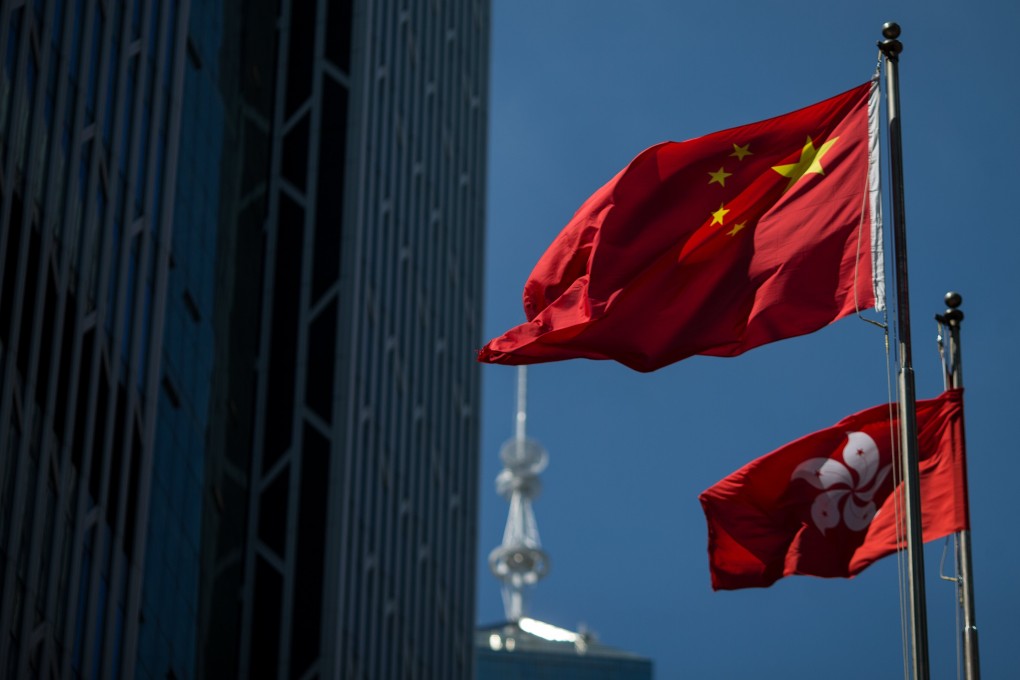Hong Kong Bar Association questions Beijing’s legal power to enact national security law, identifies ‘problematic’ features
- Article 23 of Basic Law stipulates city government should enact laws ‘on its own’ that cover much of what new legislation seeks to address, group says
- Questions also raised about whether mainland agencies in city would be bound by local law, and what enforcement authority they would possess

Beijing appears to have no legal authority to enact its proposed national security law for Hong Kong by promulgation, according to the city’s professional body of barristers, who on Monday said the plan contained “a number of worrying and problematic features”.
In a strongly worded statement, the Hong Kong Bar Association also expressed concern over suggestions that mainland agencies would be set up to safeguard national security within the city, saying it was “entirely unclear” how that arrangement would comply with Article 22 of the Basic Law, which stipulates that Beijing departments not interfere in local affairs.
The association said it was “entirely unclear”how the proposed agencies set up in Hong Kong would operate under and be bound by the city’s laws, whether they would have power of enforcement, and whether such powers would be limited by the laws currently in force in the city.
The Bar Association’s rebuke came days after Beijing dropped a political bombshell by unveiling a resolution to “prevent, stop and punish” threats to national security by outlawing acts of secession, subversion, foreign interference and terrorism.
Rather than asking the city to craft its own law, the central government, during the opening of its annual legislative sessions, announced it would promulgate a national security law by listing it in Annex III of the Basic Law, the city’s mini-constitution, bypassing Hong Kong’s legislature.
But the lawyers’ group argued the National People’s Congress’ top body had no legal power to do so.
It pointed to Article 18 (3) of the Basic Law, which states that laws added to Annex III should be confined to those related to defence and foreign affairs as well as matters outside the limits of the city’s autonomy, and Article 23, which stipulates the city government should enact laws “on its own” to prohibit much of what the new legislation seeks to address.

